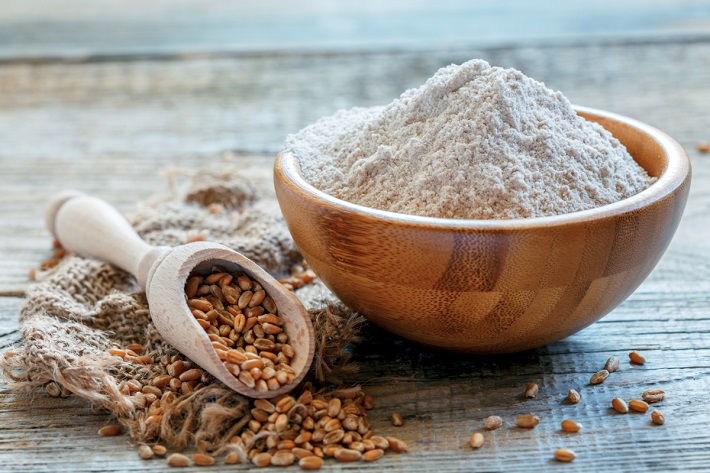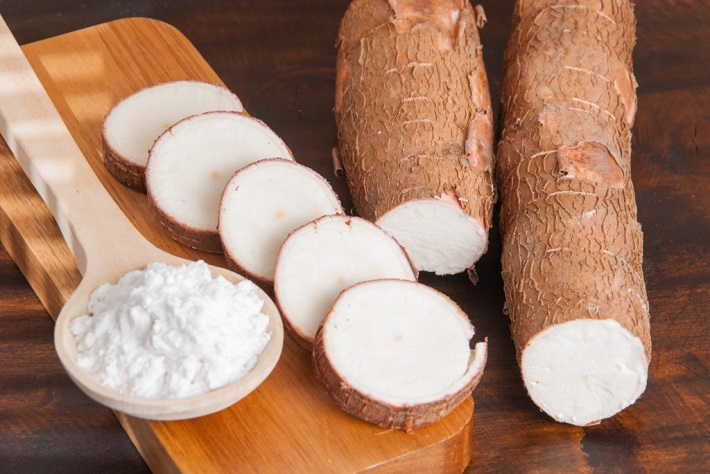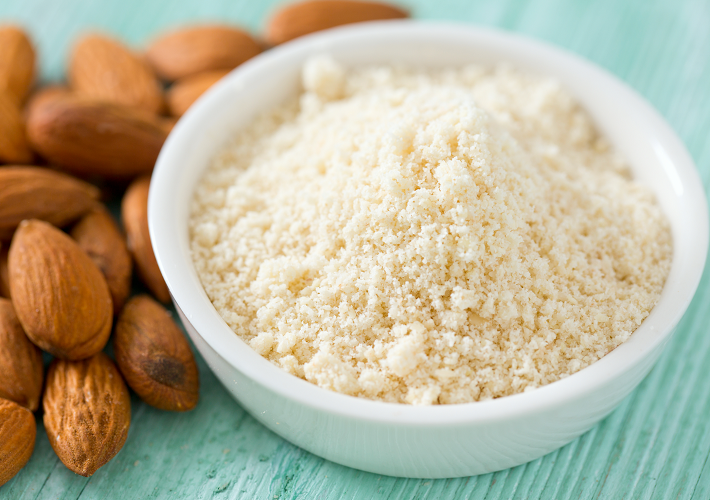You’ve probably been through the phase of switching between diets and trying to find the best one either because of an allergy, health benefits, to lose weight or simply for the sake of culinary experiments. Other times, your body itself is signaling that it’s time for a change. You’ve also seen the universal food pyramid of healthy and balanced eating which is important and relevant. But, the more we learn about the individual human organisms, the different blood types, genetics, etc., the more everyone is trying to find what works best for themselves specifically.
And if you’re one of the many who want to make a fundamental change in their eating and want to boost the health benefits of your cooking, you should consider ordering certain goods from a health store. Health stores are just like regular food stores but with a different objective. Health food stores are focused on the idea of offering alternatives for the ingredients we’re used to using every day but might not be the best for our health.
So, first things first – you need healthy cooking flour. And before you go online and start looking at all kinds of health stores and recipes, I’d like you to explore your options and find out which healthy baking flour you should incorporate in your baking, the healthy way.
Whole Grain Organic Wheat

Whole wheat is a healthy baking flour that is super nutritious and rich in vitamins, minerals and antioxidants. Whole wheat flour is 100% stone ground from hard red spring wheat, with all of the nutrients from the bran and germ still intact. Replacing refined grains in favour of whole grains has been associated with various health benefits, such as a lower risk of developing diseases like cardiovascular issues, type 2 diabetes, cancers and more. Whole wheat flour has a much higher fibre content compared to regular wheat flour due to bran content. This is an all-purpose flour thus perfect for all cooking occasions. This isn’t your gluten-free option, but still, whole flour is the choice of many especially when they transition to a healthier, more nutritious whole-foods diet.
Milled Chickpeas Flour
Chickpea flour is a neutral-tasting flour that is a traditional ingredient in Indian cuisine, but one that is slowly but surely winning the hearts of the West as well. This is a nutritious, gluten-free alternative to wheat flour. Chickpea flour can be used as a binding ingredient in veggie burgers, as a thickener for sauces, soups and stews, for making flatbreads and batter-based foods like waffles and pancakes, and to make batters. Healthy and high in protein, chickpeas flour is also found in combinations with other gluten-free flours for making cookies and muffins.
Cassava Root Flour

Along with other roots and starch-rich foods like yam, taro, plantains, and potato – cassava root is popular in many parts of Africa, Asia, and South American. As you already know, carbohydrates are an essential part of the daily diet for not just millions but billions of people. While you can survive without sugar, it would be difficult to eliminate carbohydrates from your diet altogether. Cassava flour is made by grating and drying the fibrous cassava root. It’s an excellent substitute for wheat and other flours because cassava flour doesn’t have a strong taste, which makes it great for baking, sauces, or making plant-based burger patties.
Whole Grain Oat Flour
Oat four made with non-contaminated oats is considered gluten-free. I mention this because oats are typically processed in a facility that processes goods with gluten in them. But it’s generally safe for most people with mild gluten intolerance. But for those with high intolerance, keep this in mind when buying gluten-free flour. Oats are a good source of quality protein at 11–17% of dry weight, which is higher than most other grains. You can use it in all sorts of recipes, especially sweet: pancakes, waffles, muffins, fruit crumbles and crisps, and more! But be mindful to use oat flour recipes that are specially designed for using it. The gluten in all-purpose flour provides lift in baked goods, but oats are very dense. So unless a recipe has been designed for oat flour, it might not work out as you planned.
Fine Almond Flour

Almond flour is considered a delicious and healthy baking flour for people who like to watch their weight because it’s low in carbohydrates, high in protein and it also contains healthy fats and vitamin E. Almond flour is gluten-free but rich in magnesium, iron, and calcium. Fine almond flour tends to be moister in comparison to wheat flour and doesn’t have quite the same binding qualities. You’ll do best to substitute 1:1 as many recipes respond well to this direct replacement and simply add more as you see fit. When it comes to making desserts, chocolate cakes seem to be a success with almond flour. The fat from almond flour substitutes any other fat that you usually add, and this helps you create a chocolatey and moist chocolate cake that is also healthier for you.
Coconut Flour
Coconut flour is another gluten-free flour made solely from coconuts. Although naturally sweeter than other flours – it may help promote stable blood sugar, good digestion, and heart health. It may also help you with your weight loss plan. Plus, it’s delicious and versatile, making it a tasty choice when choosing flour alternatives. Alongside chickpea flour, coconut flour is among the lowest in fat and richest in carbs. Another thing coconut flour is suitable with are pizza crusts. Yes, you can now enjoy a tasty pizza that is also gluten-free.



